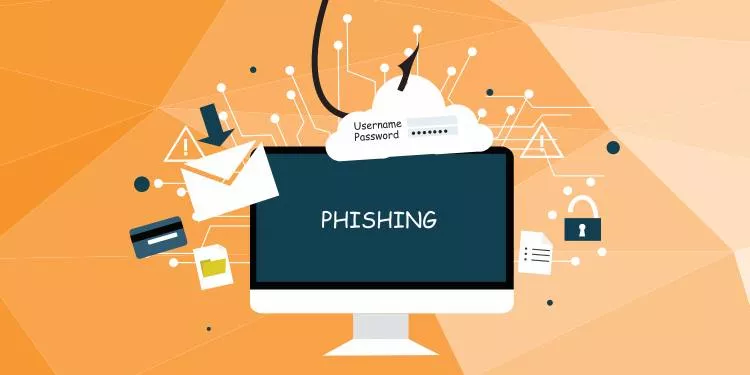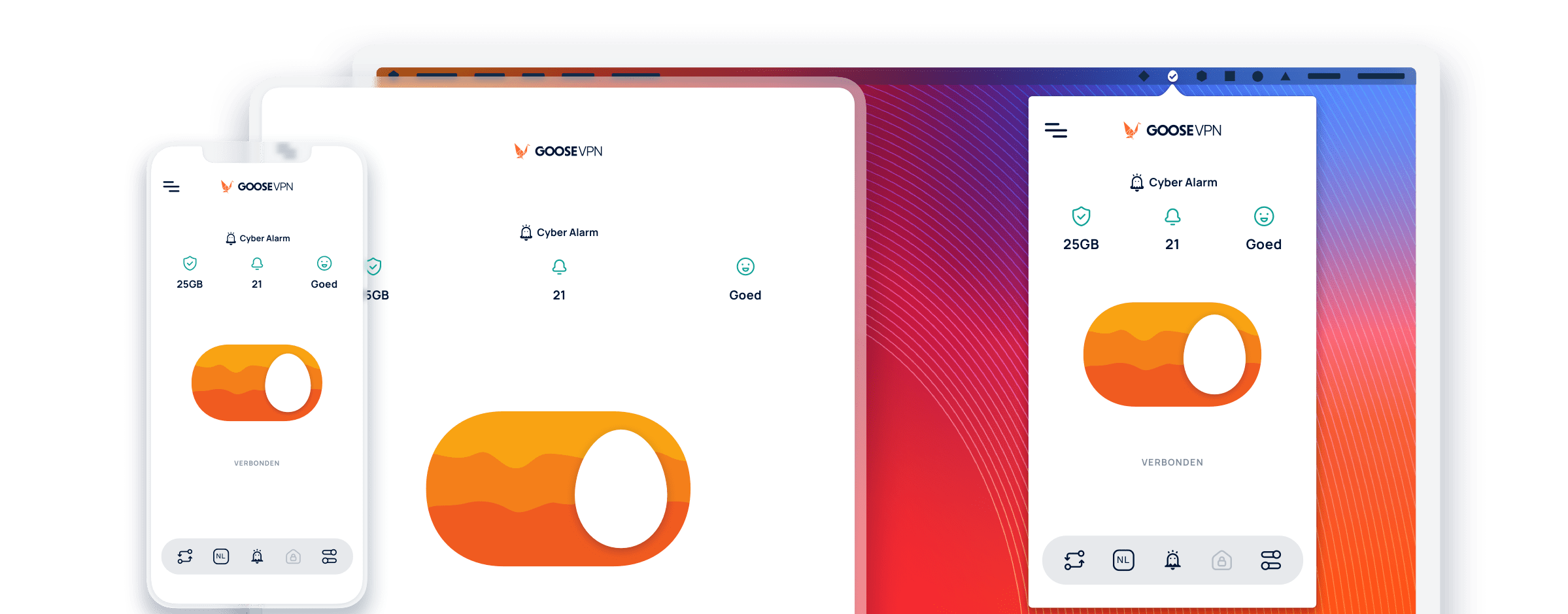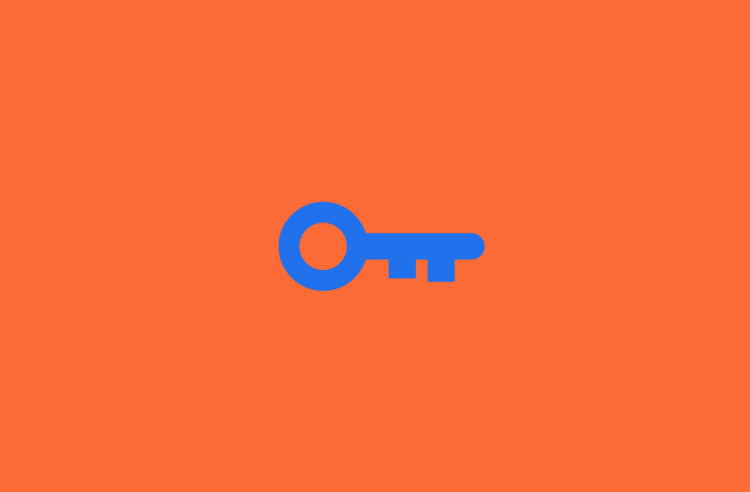
Phishing emails: a common tactic for scamming on the web
Phishing is a great threat to safe surfing on the Internet. This form of cybercrime makes use of emails. Phishing means someone sends you an email that looks like it really came form a company, a government agency or official organization. In these emails you are asked to open a file or click on a link. By opening an attachment, spyware or malware is installed on your PC. This allows a computer criminal to follow your Internet activities and run off with secret information. If you click on the link, you end up on a fake website. This website asks you to fill out all kinds of personal information. This is how you give your confidential information directly to the cyber criminals! Continue reading to find out how you can identify phishing and how a VPN connection can prevent phishing.
Can you recognize phishing emails?
As said, phishing emails closely resemble ‘real’ emails of existing organizations. The websites that you end up on, also closely resemble the ‘real’ websites of official agencies. Luckily, phishing emails can be recognized if you pay close attention. Below we have listed a number of characteristics of phishing emails:
- The actual emails of existing organizations contain few to zero grammatical mistakes. It is typical for phishing emails that they often (but not always!) contain grammatical and spelling errors. The criminals that have sent the email often are not fluent in the target language.
- Take a good look at the email address of the sender and what URL the links point to. The real email address of most organizations contains the name of the organization in the extension (after the @ symbol). You must always be wary of extensions such as outlook.com and gmail.com. Also the URL that a link is pointing to requires caution. Does this URL look like the real URL of an existing organization? If not, do not click on the link.
- What type of file do they want you to open? An email that is normally intended to request information generally does not contain a file that must install something on your PC. So be careful when the file extensions are .exe or .zip!
- It is not normal for a company or government agency to ask you for confidential information such as passwords and PIN codes in an email. Always ensure that you surf to the official website of a bank or government agency yourself. You should certainly not use the links in a suspicious email!
Protect yourself against Internet crime
Transmitting confidential data over the Internet: you have to be really careful with this! Computer criminals are always on the lookout to try and get a hold of your secret data. If this can not be done through phishing, they will find another way to intercept your Internet traffic. ‘Eavesdropping’ of (poorly secured) public wireless networks is also a commonly used method. A robust firewall and good anti virus software that recognizes the most recent viruses remain must-have instruments to secure your PC and mobile devices. To protect your Internet traffic in the best possible way, we recommend using a VPN.
Going online with unreadable data traffic
There is no better guarantee for secure Internet usage than making your Internet data unreadable and remaining anonymous yourself. And that is exactly what a VPN or Virtual Private Network does! A VPN connection takes place through the normal Internet routes and WiFi networks, but your data traffic is encrypted in an indecipherable way. Even if your PC is infected with spyware, Internet criminals won’t be able to comprehend the data that you transmit through a VPN connection. A VPN connection always makes use of a VPN server that never gives away your IP address. The great advantage of this is that no one gets to know who you are or which location you are surfing from (town, city, country).
Try GOOSE VPN for free and surf secure online
GOOSE VPN is a Dutch VPN provider and protects you against Internet crime. Interested? Click here to register with GOOSE with a 30-day money-back guarantee.




















